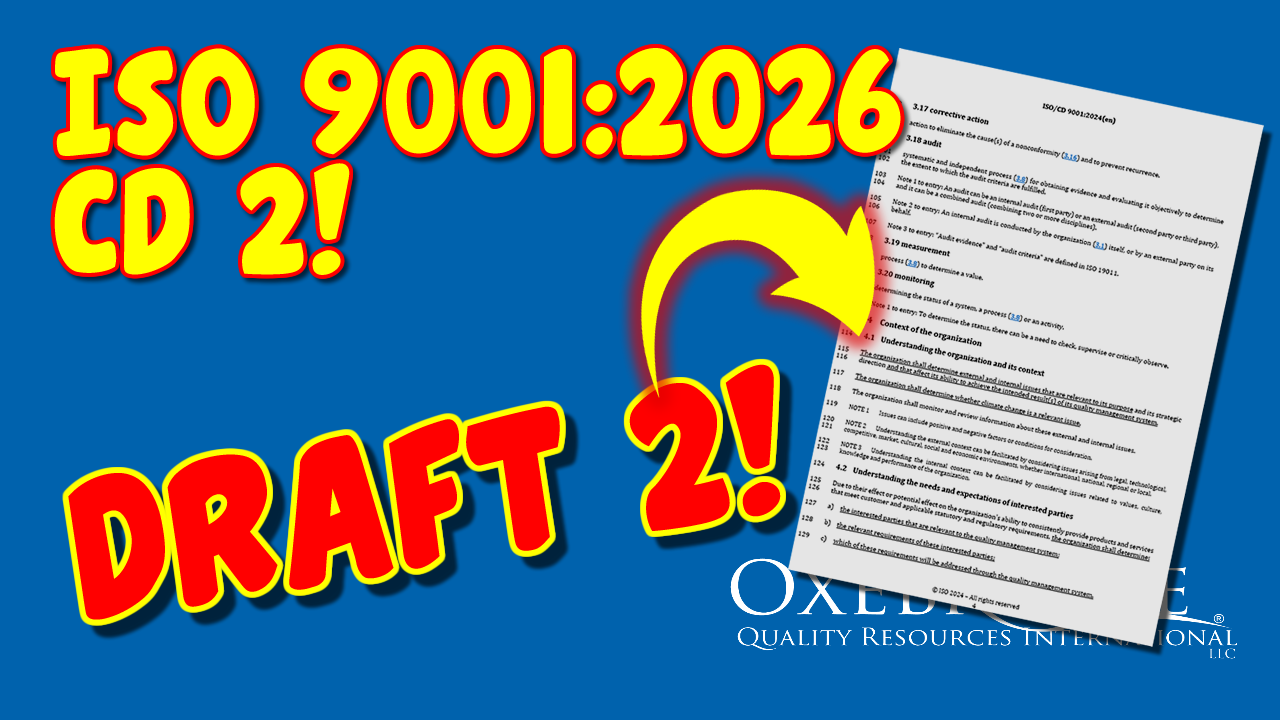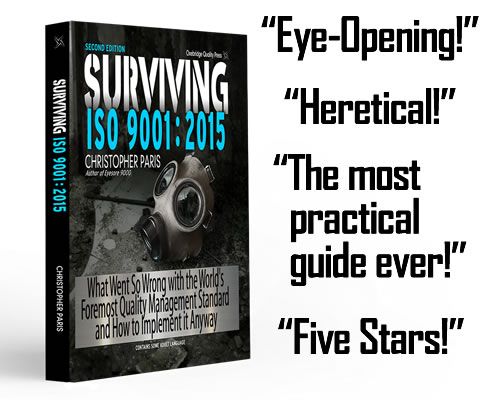Perry Johnson Laboratory Accreditation (PJLA) has pulled a YouTube video boasting of its “consultant referral program” after questions were raised over potential violations of ISO 17011.
That standard says that “inducement for the referral of new clients” is a “threat to impartiality.” Such threats are supposed to be avoided outright, but the latest version of the standard was diluted to allow accreditation bodies like PJLA to mitigate such risks through a “risk analysis,” which is then hidden from the public under “confidentiality” rules.
When asked about the program, PJLA President Tracy Szerszen invoked the “risk analysis” escape clause:
This is simply a referral program for consultants or really anyone to receive an incentive for referring us business. They sign an agreement which covers impartiality requirements outlined in 17011 and this is also addressed in our risk analysis.
Our sales team handles the client from an accreditation perspective from start to finish from our side of the business. We do not guarantee that any client will receive accreditation any easier or faster than one that does not have a consultant.
When asked what the “incentive” to consultants was, Ms. Szerszen declined to put it in writing, instead asking to discuss the matter via phone.
Two days later, however, PJLA pulled the video, although it is suspected that the referral program itself is still in operation. Oxebridge captured the video, which can be seen below.
Technically, such referral programs are no longer prohibited, thanks to the diluted rules in ISO 17011. Those rules were written — and then modified — by the accreditation bodies themselves. The committee that develops ISO 17011, called CASCO, has refused to ensure broad participation by various stakeholders, and instead enforces dominance by accreditation bodies, ignoring the conflicts of interest this creates. Accreditation bodies have taken advantage of this monopoly, making the rules easier for themselves without regard for the impact on trust or ethics.
In 2020, PJLA’s competitor, A2LA, similarly appeared to violate ISO 17011 by opening a training division that provided consulting to companies that later sought A2LA accreditation. A2LA’s leadership lied by claiming “A2LA Workplace Training” and A2LA were “totally separate, independent legal organizations” despite formal press releases and other marketing materials clearly stating it the training body was “an A2LA company.” A2LA even produced an official logo stating this.
The international oversight body ILAC, led by Israel’s Etty Feller, is supposed to enforce accreditation standards on bodies like PJLA, ANAB, and A2LA, but has consistently refused to do so. Combined with the diluted accreditation rules written by ABs themselves, the world has seen an uptick in related conflicts of interest and potential fraud.







